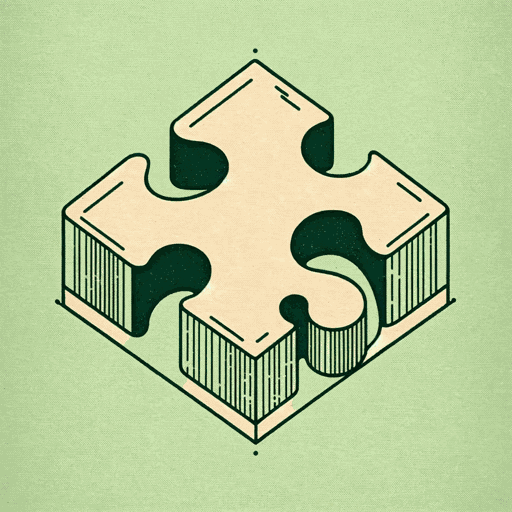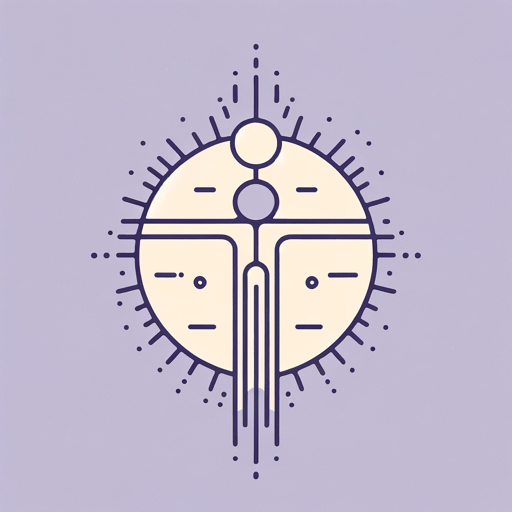45 pages • 1 hour read
Émile DurkheimThe Division of Labor in Society
Nonfiction | Book | Adult | Published in 1893A modern alternative to SparkNotes and CliffsNotes, SuperSummary offers high-quality Study Guides with detailed chapter summaries and analysis of major themes, characters, and more.
Index of Terms
Civil (Restitutive) Law
Restitutive law is mainly concerned with restoring the status quo after a rule has been violated. It is not intended only to punish the criminal. Civil law is extended and specialized through the process of the division of labor. It is the result of society and intra-personal relationships becoming more complex in “advanced” civilizations.
Collective (Common) Consciousness
The collective consciousness is defined as the totality of shared beliefs among a society. It is maintained by penal law: Anyone that deviates from it or infringes upon it may be punished. It is characteristic of “earlier” societies because it binds people through reinforcing their similarities. It must recede in order for the division of labor to progress.
Division of Labor
The division of labor is a process of specialization that permeates all aspects of social life in “advanced” civilizations. Economically, it transforms traditional methods of production into industries by dividing tasks. Socially, it divides the work performed by different professions or by sex. And biologically, it approximates the evolutionary process through which an organism becomes increasingly complex by delegating specific tasks to different organs who all work in solidarity to keep the organism alive. Durkheim argues that the division of labor is a moral endeavor and a natural process of evolution.


